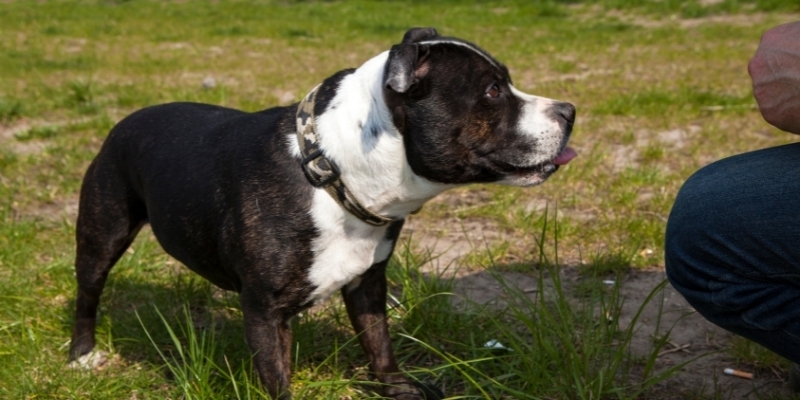Hip dysplasia is a joint condition commonly seen in dogs (but also sometimes in cats), and is thought to occur due to a number of genetic and environmental factors.
Here’s what you need to know about hip dysplasia, and how we can help to ensure that your pet’s hips stay in top shape:
What is hip dysplasia?
Hip dysplasia is a developmental joint condition involving excessive looseness in a hip joint. This can cause gradual subluxation (partial dislocation) of the joint, which can be painful, and often leads to secondary arthritis in the hip joint in the long-term.
Which dogs are at risk of hip dysplasia?
Dogs most commonly affected by hip dysplasia include larger breeds, such as Labradors, Staffordshire Bull Terriers, German Shepherds and Dogue de Bordeaux. English and French Bulldogs are also more likely to have the condition.
Genetically-predisposed pets may also be more likely to develop signs of hip dysplasia under the influence of particular environmental factors, such as being overweight during puppyhood and adulthood, or receiving excess calcium or vitamin D supplementation during their younger years of growth.
Can I prevent hip dysplasia in my pet?
If you are purchasing a breed of dog with a higher risk of hip dysplasia, it is recommended to source them from a breeder who has had veterinary hip screening tests performed on their breeding dogs, and can confirm that both of the pups’ parents have good hip scores.
Our vets may also recommend hip screening x-rays around 16 weeks of age in puppies at risk of hip dysplasia, or in any pet that shows signs of hindlimb lameness or discomfort.
Keeping your pet’s body condition slim and healthy throughout their life will also help to maximise their long-term joint health and comfort.
Can hip dysplasia be treated?
Depending on the severity of hip dysplasia and the age at which it has been diagnosed, our vets may recommend surgical treatment or medical management with pain relief and chondroprotective supplements (joint support products).
For more information on pet hip health, consult our orthopaedically-educated vets!

